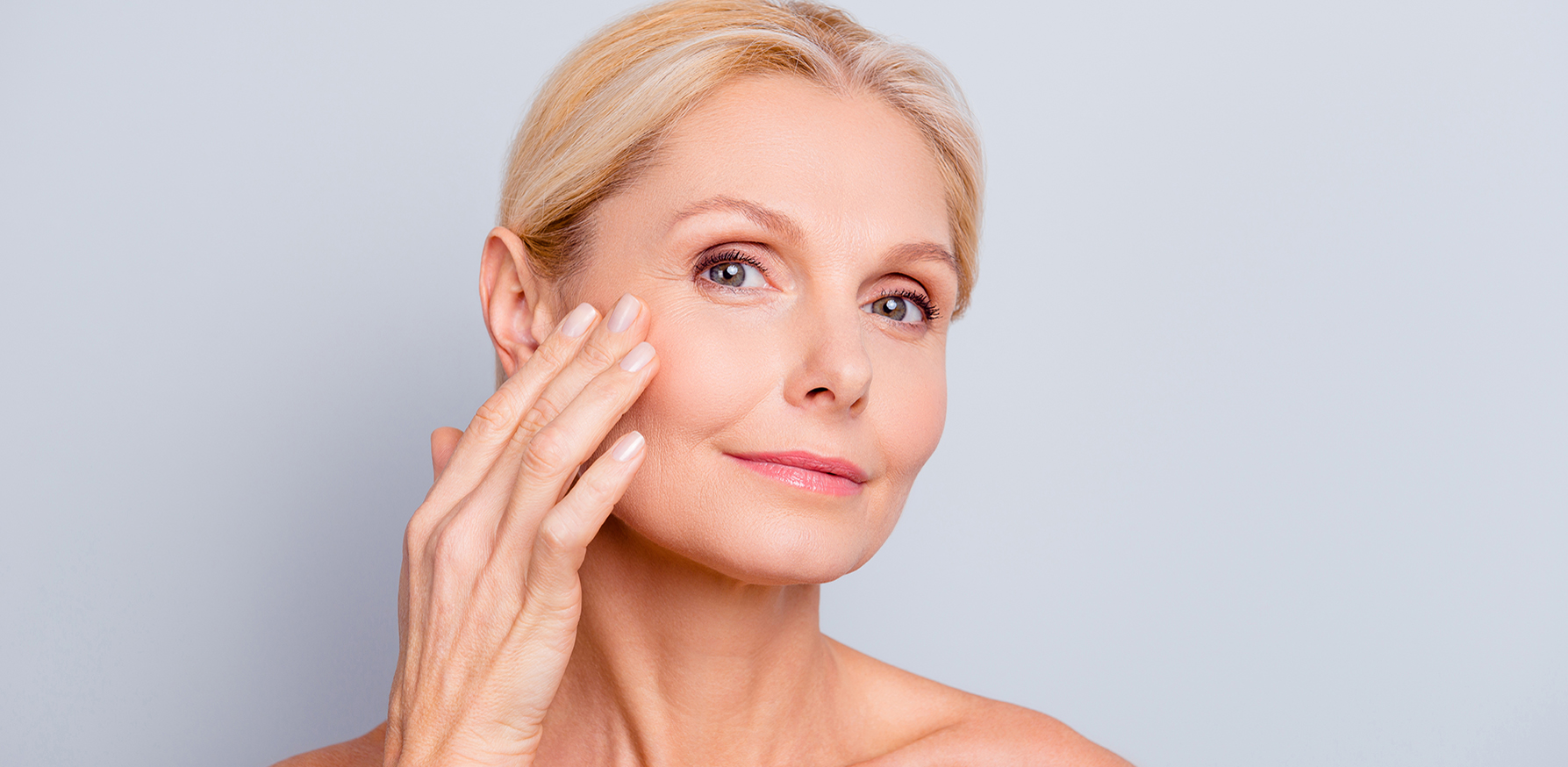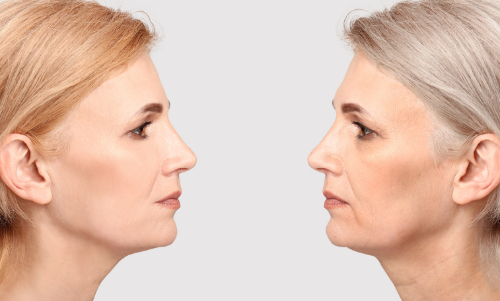


Menopause isn’t fun! Most of us already know that. It can be full of surprising symptoms, like hot flashes, slower metabolism, but also hair loss. A lot of women don’t actually know that hair loss can happen due to menopause, and they freak out when they notice heavier shedding during this period of their lives.
Before we go into the details of menopause and hair loss, we want to reassure you that none of these symptoms will be permanent. As soon as your hormones are balanced again, you will notice that most of these symptoms will start to fade.
Most of the hair that sheds during menopause will grow back once the initial stage of it is over. However, there are also some things that you can do to minimize hair loss while it’s all happening. So let’s learn a bit more about hair loss, the stages of hair growth, and the prevention of menopausal shedding.
Our hair goes through different stages. These include the anagen phase, the catagen phase, and the telogen phase. The length of each of these phases will determine how long your hair grows, how long it stays on your head, and how much you will shed.
Most of the hair on our heads it’s in the anagen or growing phase (about 85 percent). This growing phase should last between two and eight years. The catagen phase is the transitional phase, so basically, the time when our hair follicles are preparing to fall out. The telogen phase is the one in which our hair is resting, and it ends with them falling out. It lasts two to four months.
Knowing these phases can also help you understand why menopause has such an impact on hair loss. Once you hit menopause, your body goes into estrogen withdrawal. Because estrogen helps your hair stay in the anagen phase, the sudden decrease in estrogen will shorten this phase, and your previously healthy and strong hair follicles are entering the catagen and telogen phases.
While hair loss does sound scary, you actually don’t have to let it go so far. There are many ways to prevent more serious hair-shedding problems, and all of them are attainable and easy to implement.
First and foremost, you have to get your diet in order. Are you eating enough fatty acids? Proteins? Are you taking your supplements? While menopausal hair loss isn’t linked to nutritional deficiencies, it can still help to ensure that you are as healthy as possible.
Low levels of healthy fatty acids (such as omega 3 and omega 6 fatty acids) are linked to excessive hair shedding in women of all ages. Low iron levels and low levels of vitamin D can also have an impact on hair loss.
But it’s not only our diet that we should keep in check, also make sure that you try your best to keep your stress levels as low as possible. Meditate often, do breathing exercises, and work out when you can.
If everything else fails, talk to your dermatologist and consider using Minoxidil. This is one of the only drugs that are actually clinically proven to be effective not only in the prevention of hair loss but also in the promotion of new hair growth. It will take some patience for it to work, however, most people who have used it swear by it.
YOU MIGHT ALSO LIKE
How Does Menopause Affect Your Skin?

